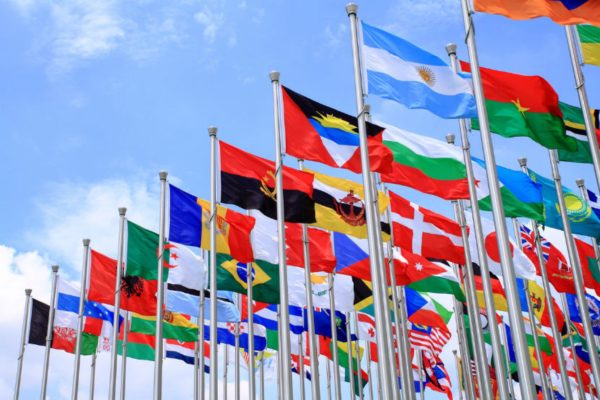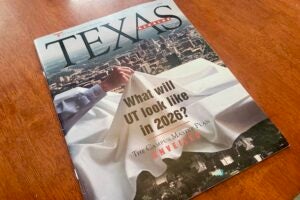The firing of Secretary of State Rex Tillerson has reignited debate about the direction of American foreign policy and leadership in world affairs.
Tillerson’s announced successor, current CIA Director Mike Pompeo, has a public record suggesting that he will adopt a more pugnacious “America First” posture as the country’s top diplomat. Pompeo seems likely to reinforce rather than question President Donald Trump’s gut instincts toward Russia, North Korea and Iran, and to distance the United States ever more from other countries’ policies on key global challenges such as climate change.
Although nationalist sentiments dominate our political conversation today, America’s standing in the world is the product of innumerable interactions — political, economic and cultural, not only through official channels of communication but also via personal exchanges. Now more than ever, individual diplomacy has the potential to play a larger role on the world stage.
This is not to underestimate the importance of a changing of the guard at the Department of State. Recent separate visits by Tillerson and Pompeo to The University of Texas at Austin showcased their very different approaches to the world.
On Oct. 12, the CIA chief delivered the keynote address at the Texas National Security Forum. In his speech, Pompeo laid out a stark depiction of security threats confronting the United States from many directions, requiring “aggressive” and even “vicious” action by counterintelligence agents. “Every minute, we have to be focused on crushing our enemies,” Pompeo said.
A few months later, on Feb. 1, the secretary of state visited UT Austin in advance of a mission to Latin America. Using more traditional diplomatic language, Tillerson framed security challenges in the context of a broader set of objectives concerning regional economic partnerships and good governance.
Tillerson may have learned to employ the nuanced rhetoric of diplomacy, but in his brief and rocky tenure as secretary of state, he enjoyed neither the loyalty of his staff nor the trust of the president. Pompeo’s defenders argue that he will revitalize the Department of State’s morale by empowering midlevel staffers, as he did in the CIA, and that his close working relationship with Trump will bring greater attention, and perhaps more resources, to a beleaguered diplomatic corps.
Pompeo may be in lockstep with Trump, but he is no more likely than his boss to win over wary leaders abroad. Does this mean that productive engagement with the world will be on hold? Not necessarily.
Long-standing allies of the United States already have been reaching out to individual states and even specific corporations to cooperate on key initiatives. For example, one such instance is the effort to reduce carbon emissions in support of the Paris Climate Accords, despite the White House’s stated intention to withdraw from the pact.
The leaders of major American cities, meanwhile, are increasingly vocal in taking positions distinct from the Trump administration on rights-based issues, whether through the “sanctuary cities” effort to place limits on federal immigration enforcement or through the “Cities for CEDAW” movement in support of the U.N. Convention on the Elimination of All Forms of Discrimination Against Women.
Individual citizens, moreover, can contribute to American diplomacy without ever passing the Foreign Service Officer Test. Since 1940, the Department of State has overseen an International Visitor Leadership Program, which relies on community-run organizations all over the country — linked in a Global Ties Network — to arrange cultural activities and provide hospitality for international visitors. In 2017 citizen diplomats in Texas alone volunteered to host more than 800 international visitors, all of whom were identified as rising leaders, and who now carry memories of their American experiences in their home countries.
Hawkish and politicized rhetoric from our top policymakers is unlikely to galvanize world opinion in America’s favor. But through local governmental policies, community activism, business relationships and even personal travel, we all have the opportunity to shape the image of the United States in the minds of others, one exchange at a time.
Michael R. Anderson is director of the International Relations and Global Studies program at The University of Texas at Austin and a board member of the Austin chapter of the United Nations Association-USA.
A version of this op-ed appeared in the San Antonio Express News and Abilene Reporter News.
To view more op-eds from Texas Perspectives, click here.
Like us on Facebook.




